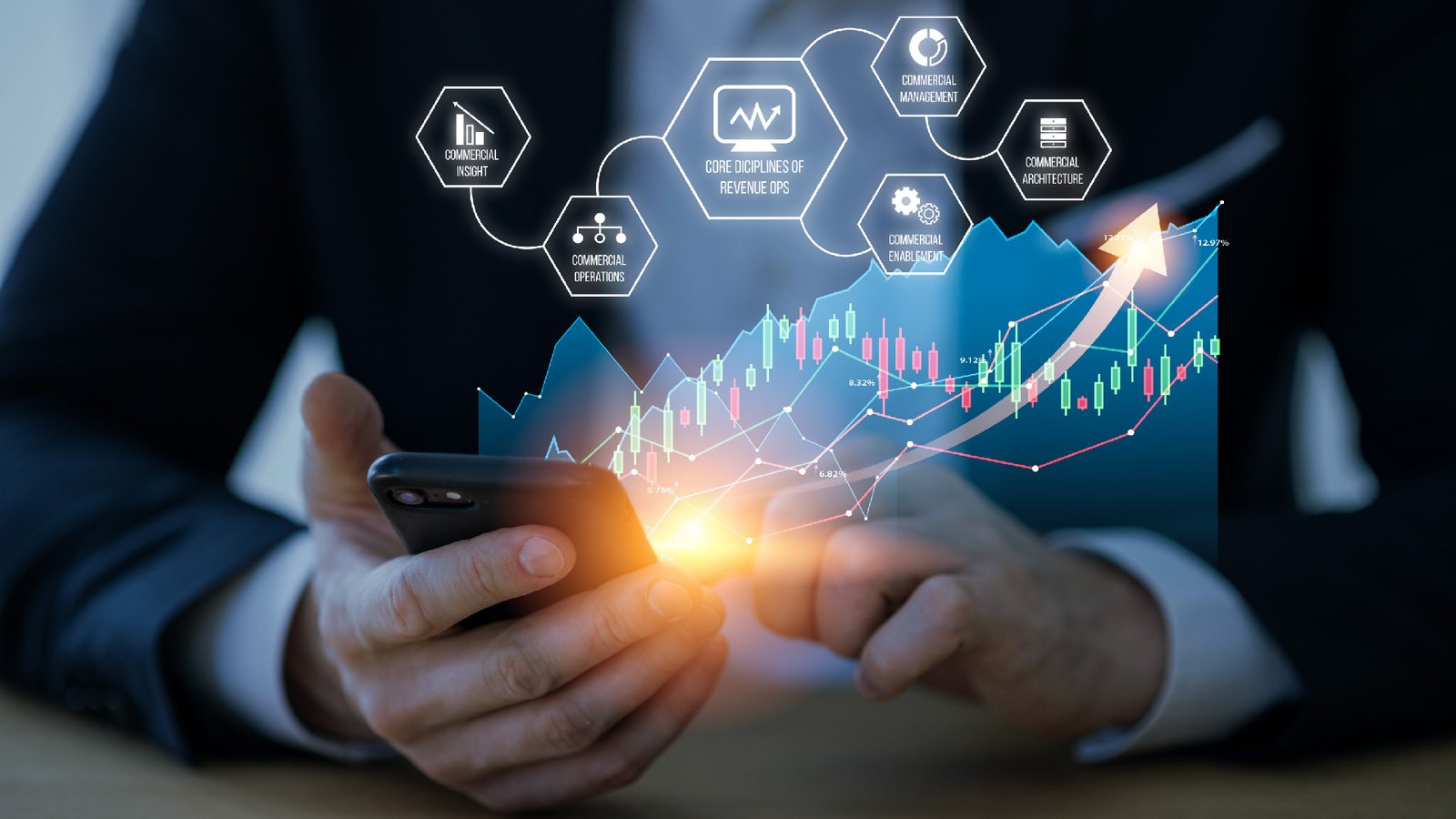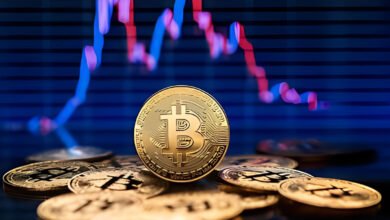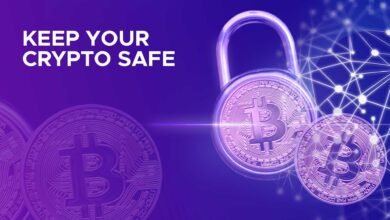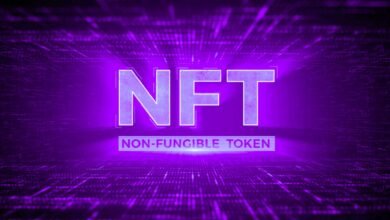
Are you curious about the future of commodities and want to learn the ways to invest in it? Are you looking for the best guide to know about, how to get profit by investing in commodities? Are you interested in knowing what commodity trading is?
If yes! You have reached at right place to learn the investing strategies in commodities.
Commodities are natural resources or agricultural products that are usually grown, mined, or processed. They are known as critical inputs in the production of food energy as well as clothing. Commodities have caught the greatest attention of investors in past years who are looking to diversify their profiles or portfolios. The commodity sector has delivered an average output of about 60% in the past three years and it is the second-highest number among fund sectors. You are interested in knowing how to invest in commodities, that’s why we are here to guide you all about commodities.
In this article, we are going to take a very close look at investing in commodities as it is one of the most common questions about this. You will be provided with the pros and cons of investing in a commodity, you need to be familiar with benefits along with risks, before any investment. We will also discuss some factors that you need to keep in mind while opening an investment account.
Let’s dive into more details about commodities!
What Is Commodity Trading?
To know how to invest in commodities, we want you to know about commodity trading. Commodities can be bought and sold in bulk on exchanges, using the same way as stock and shares. The largest exchanges are the London Metal Exchange, the Chicago Mercantile Exchange, the New York Mercantile Exchange, and the Intercontinental Exchange in Europe. It is also possible to trade in physical commodities but it is mostly common to trade in future contracts.
Future contracts allow both producers as well as buyers to admit or agree on the price and the terms or regulations for the delivery of a commodity at a set future date. For example, if an airline company thinks that fuel price is going to rise, it may reduce the risk by buying future contracts in oil and this process is usually very commonly known as hedging. It is helpful for both the buyer and seller, as they can lock in their price. If the price of oil rises, it is beneficial for the buyer but the seller has sacrificed profit. But remember that the price of future contracts varies, as it depends upon supply and demand. You can also trade in commodity futures through spread-betting or contracts for difference but these are only suitable for those who are well experienced in trading as there are high risks associated with it.
How To Invest In Commodities:
The main question and confusion, about commodities is, how can I invest in commodities? Don’t worry all your confusion is going to be clear, as we are going to guide you all about this in a very simple way. You are going to be an investor right, so first of all we will guide you on how you can access commodities. Investors can access commodities in different ways.
1. Physical Ownership:
Owning physical commodities is mainly applied to very precious metals. Two well-known commodities are gold and silver which are used as physical stores of value. You are allowed to purchase these precious metals formed into bullion (it is gold or silver, usually in the form of bars), considering standard size as well as purity. However owning these precious metals in physical forms comes up with some issues like storage, insurance, and liquidity. The storage issue is very common due to larger quantities so you must sell within in given time frame. That’s why most of the investors don’t prefer to pursue physical ownership. To trade these physical commodities, you have to find a reputable dealer and most importantly, the storage facility for your holdings.
2. Future Contracts:
Future contracts are usually the direct plays on the commodity price. They are an agreement to buy or sell a specific amount of a commodity at a specified price and date in the future. Investors can use leveraged margin accounts to allow them to take larger positions through their existing capital. To open an account, to trade future contracts you will require some additional paperwork to enable margin trading and a higher account. The particular maintenance margin to be in an account varies according to the value of the contract being traded.
3. Individual Securities:
You can access individual securities that are related to commodity processing or production, through a regular brokerage account. If you are looking for commodity exposure through company share, it is best for you to have some industry-specific knowledge to be a successful investor. Products that are traded on exchanges usually include commodity mutual funds, EFTs as well as exchange-traded products that are very specific to individual commodities. So you need to read the funds’ disclosures before investing just to be sure the exposure being offered, matches your investment needs or not.
What Do You Require To Open A Commodities Investing Account?
If you want to open a commodities investing account and don’t have any idea what you need to open it, here you will learn. If you just want to invest in commodities via companies and funds, you should have only a regular brokerage account as these two investment classes don’t ask for anything else. But if you are interested in trading futures and options, then you will require some additional disclosures just to understand the risks.
How To Open The Brokerage Account?
As mentioned earlier, to open a commodities investing account you should have a brokerage account, now you need to learn to open it. Creating a brokerage account is very simple, you just need to have some personal and financial information and answer some basic questions related to it.
Personal Information:
The personal and financial information you have to provide is the name, address, and telephone number. You have to provide with tax identification number, your date of birth and government ID, banking information for funding the account, and the level of investment experience and risk tolerance. With online brokerages, the first step is to set up an account including email, and password, with the broker, and then you have to provide these further details as part of the onboarding process.
Minimum Deposits:
Several brokerage accounts have zero account Minimums which enable futures trading in a margin account, which will generally require that, at least a few thousand dollars be held with a broker. Depending upon the contracts you are going to trade, to enable the account, the actual amount of capital required to trade will be more than the minimum deposit. The initial margin and maintenance margin for future contracts, both will be influenced by the type of account, (individual retirement account or IRA account).
How To Open A GOLD IRA Account?
Gold individual retirement accounts are usually the type of commodity investing for the retirement process. Here you have to find a custodian to hold the physical assets. You can set up a gold IRA by establishing a self-directed IRA, selecting a custodian to administer the account, selecting an approved depository to hold the gold, and then you have to choose a broker/dealer to buy the gold through. Some Gold IRA providers usually have these services integrated or they will refer clients to providers in their network.
Personal Information:
What you have to provide is the same as those for investment accounts. You have to provide your name, address, telephone number, tax identification number, date of birth, and government ID. You also have to answer some additional KYC questions.
Minimum Deposits:
Minimum deposits for a Gold IRA are usually high and it is particularly owning to the fact that an ounce of gold is worth over $1000 and even smaller coins are worth several hundred dollars. The IRS rules usually state that only approved coins and bars of gold are allowed to be used for a Gold IRA, but they don’t set a minimum. Not all the Gold IRAs advertise a minimum, but a practical amount would be at least $2000.
Pros And Cons Of Commodity Investing:
You want to invest in commodities, so you need to be familiar with the advantages and disadvantages of investing in them.
Pros:
Commodity investing attracts investors due to its ability to provide an inflation hedge and diversify of portfolio and it also unlocks potentially larger returns.
The price of commodities depends upon inflation as it tends to rise with inflation. Commodity processes are also watched as an indicator of an inflationary environment. There can be some commodity-specific market commodities that counter overall inflation like bumper crops.
Commodities are well known due to their ability to provide portfolio diversification due to their low correlation with financial assets. Commodities are influenced by very basic factors such as supply and demand rather than employment numbers as well as central bank policies.
Commodities like oil, gold, and soft commodities with cyclical production usually experience large price movements. These are all the opportunities that attract investors towards commodity investment.
Cons:
Along with benefits or advantages, commodity investment also comes up with some downsides like lack of income, high volatility, and other external risks.
When you will invest in commodities you will not get yield income just like bond or dividend-paying stock. Returns on commodities usually depend on the correct prediction of price movements. Another downside of commodity investment is its high volatility and it creates a huge impact on the investor’s output.
While investing in commodities, keep in mind that there are risks associated with it that you have to face. Beyond the risks mentioned above, you can also face some climate risks like wrong weather, some political risks, supply chain risks, and more like them.
Factors To Consider While Opening An Investment Account:
You are going to create an investment account but here you have to consider some factors. Keep all of them in mind so that you don’t have to face any problems later.
- Customer support
- Fees
- Available assets
- Minim deposit
- Security and reputation
- Some research tools
Final Words:
Commodities investing is simply the addition of exposure to commodities as an asset class. If you want to be an investor and looking for the perfect guide so that you can learn more about commodities investment and ways to invest here, we have got you covered. We have provided you with a basic introduction to commodities trading and have guided you all about the ways to invest in it.
All you have to do is to read all the steps carefully and don’t forget to read the portion of Pros and cons before investing. We have tried our best to guide you all about commodities so we are hopeful that you can invest in commodities.
FAQS:
1. What are Some most Popular Commodities to Invest in, that many People Prefer?
If you want to invest in commodities and want to know about some popular commodities to invest in here they are; Precious metals, oil, natural gas, Gasoline, corn, wheat, soybeans, cattle, Hogs, Sugar, and lumber. Remember that the actual volume of futures trading is now determined by the futures on financial assets rather than raw commodities.
2. Can I get to know about Factors that affect the Price of Commodities?
The price of commodities is usually affected by a wide range of factors but here are some common factors that influence commodity prices.
Geopolitical events like political instability, and some natural disasters, can disturb the supply chain which causes the price to rise or fall. Some weather conditions also have a significant impact on commodities like wheat, corn, soybeans, and energy commodities like natural gas and oil. Supply and demand, currency fluctuations, and production and storage costs are other factors that influence the price of commodities.






